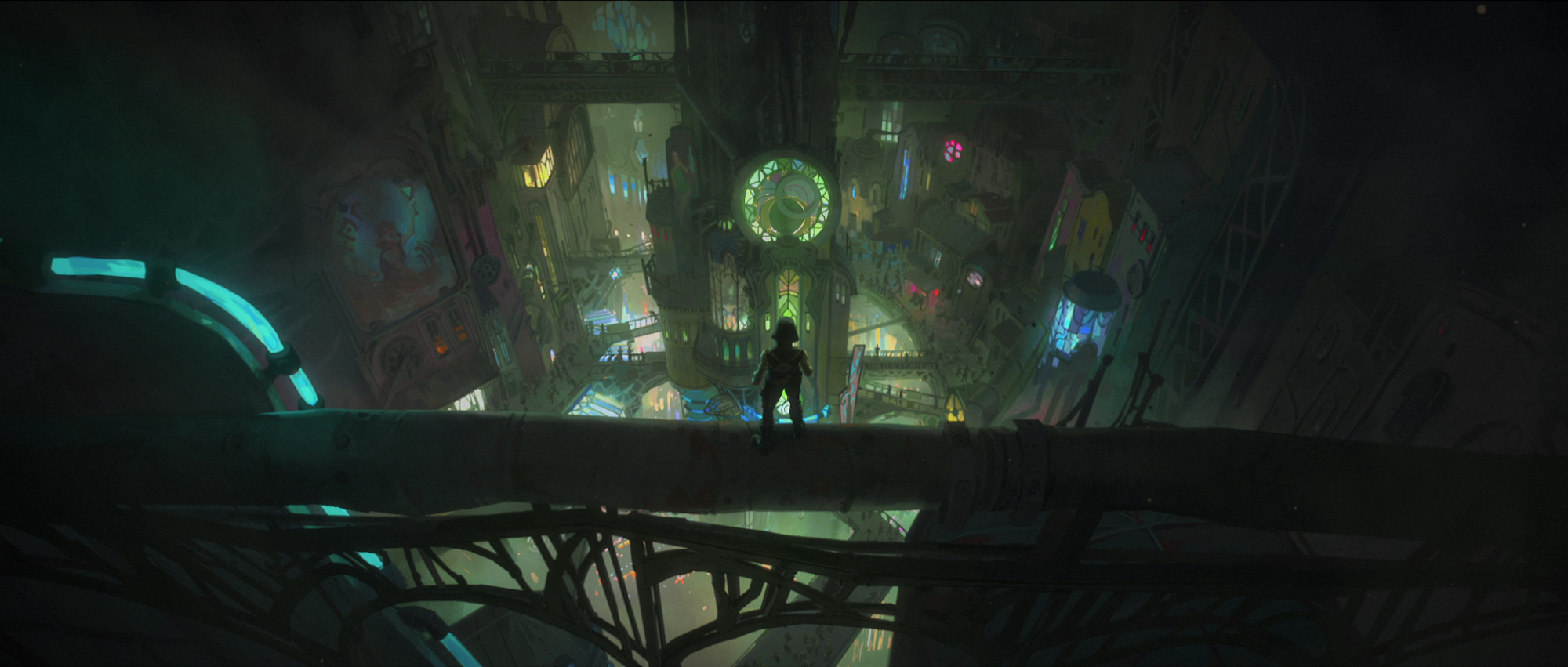
Animation - Basics of Walk & Run Circles
Introduction to Walk / Run cycles
Why Are Walk & Run Cycles Important?
The point of animation is to bring characters and worlds to life.
To appear alive, animated, and real, our characters have to move and react.
One of the most common form of movements by far is walking and running.
You might not notice it until you're paying attention. But characters are constantly walking and running.
Often, they even do these while simultaneously performing other actions.
Furthermore, walk and run cycles can portray a surprising amount of personality in a very short time.
For example, see the below video.
In short, walk and run cycles are extremely common, essential movements that can make a big impact on how the audience perceives a character.
General Guidelines
There are some general guidelines we can follow when starting off, to make things easier.
Main Aspects
First, there are two main aspects to a walk/run cycle:
-
Posing - How the character looks on each frame. Includes:
Contact/Major Poses
Shape and Silhouette
Line and Clarity
Exaggeration
-
Timing - How fast or slow the animation transitions between major poses.
Overall FPS
Variation of Timing Across Parts
Relation of Timing Against Other Characters and Scene
Overall Animation Frame Length
Assuming we're animating in the standard "24 fps" rate for our project, there are some rough guidelines for how long to make the animation:
8 - 10 Frames: Fast Run
12 - 14 Frames: "Standard" Run
16 - 18 Frames: Fast Walk, or Slow Run
24 Frames: "Standard" Walk Speed
32 - 40 Frames: Slow or "Tired" Walk
48+ Frames: Extremely Slow Walk
